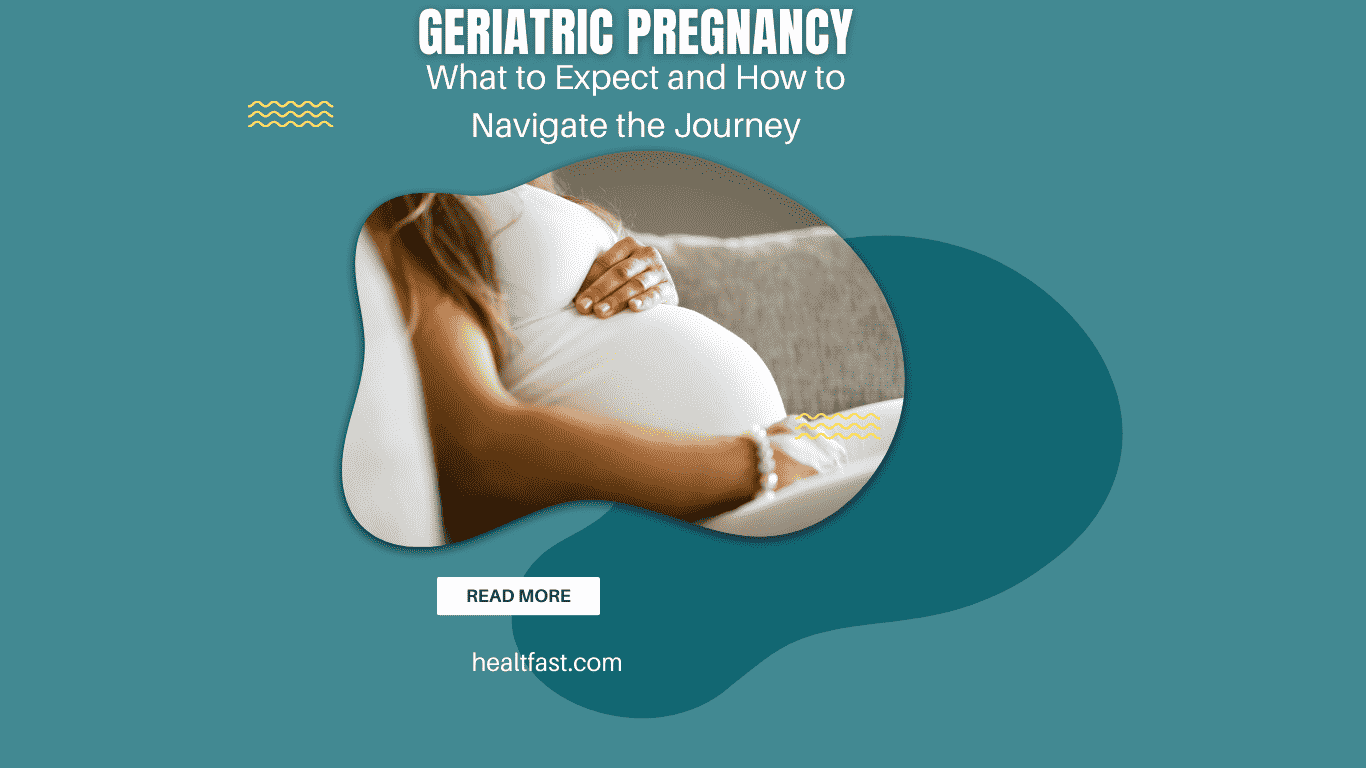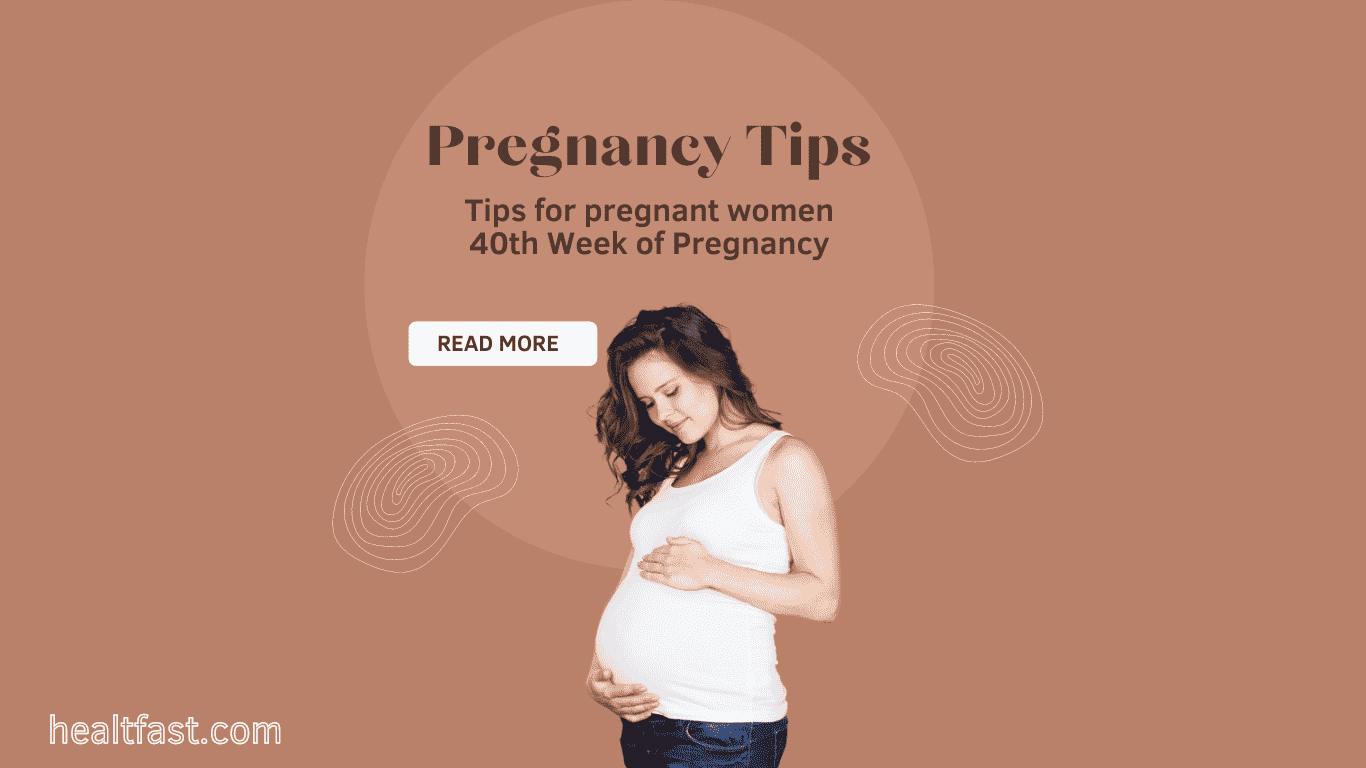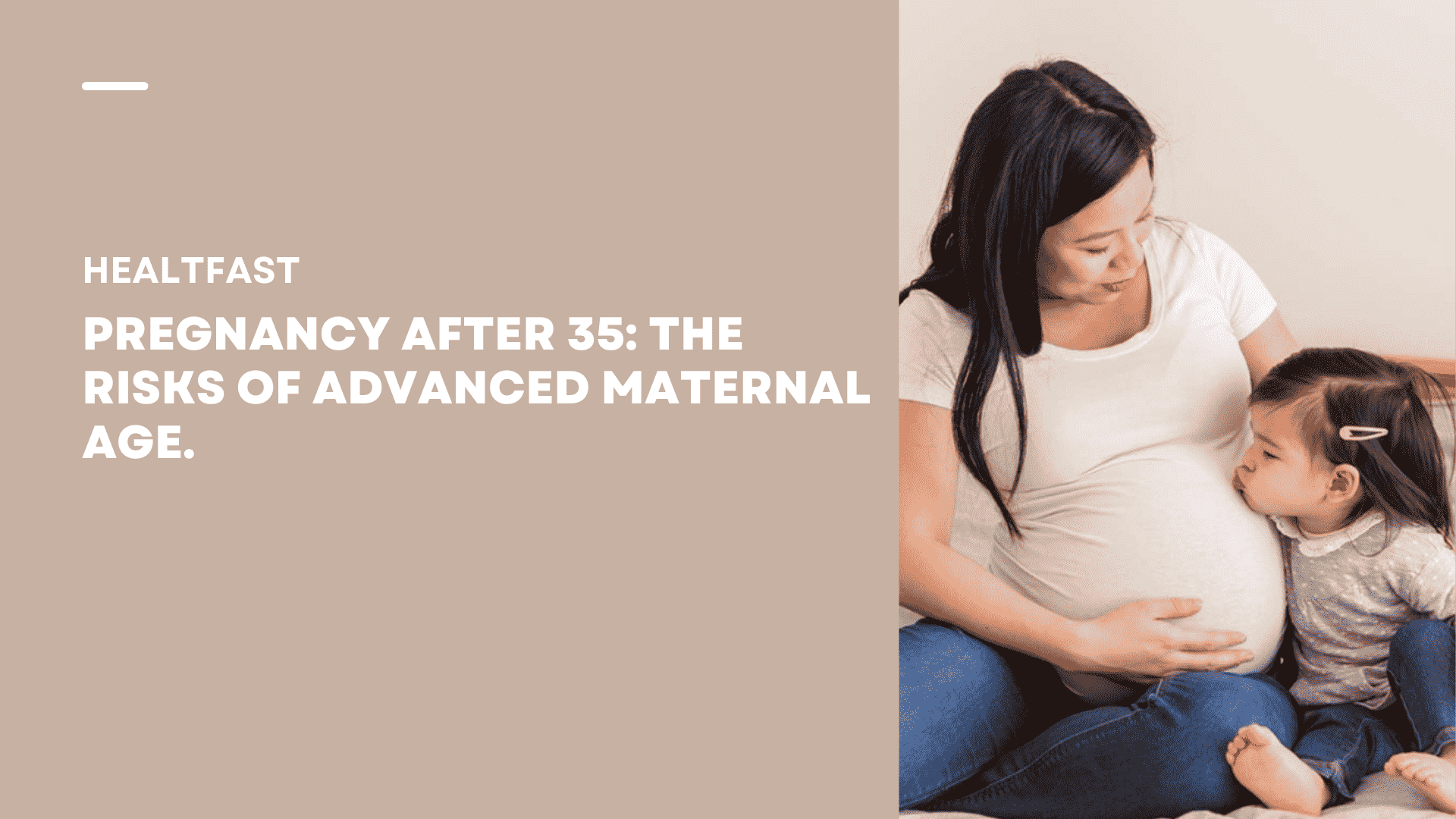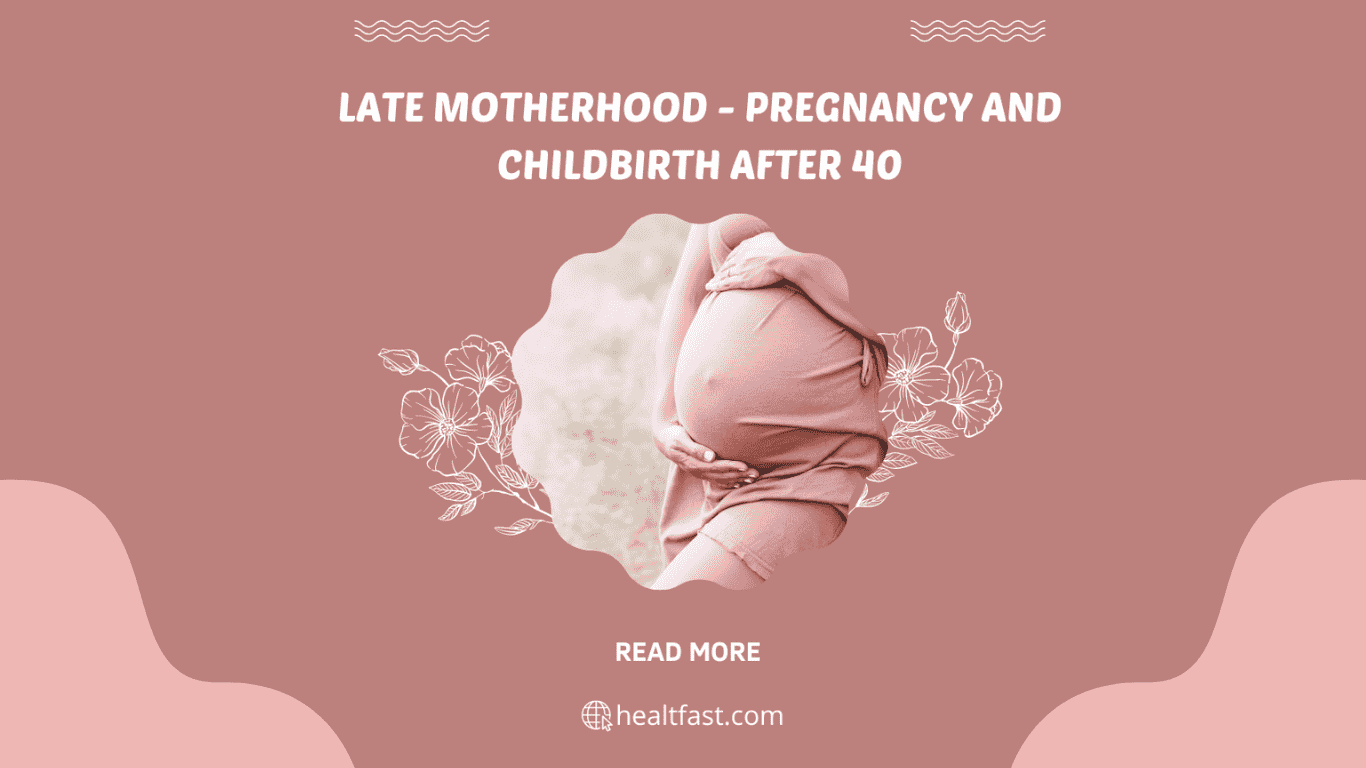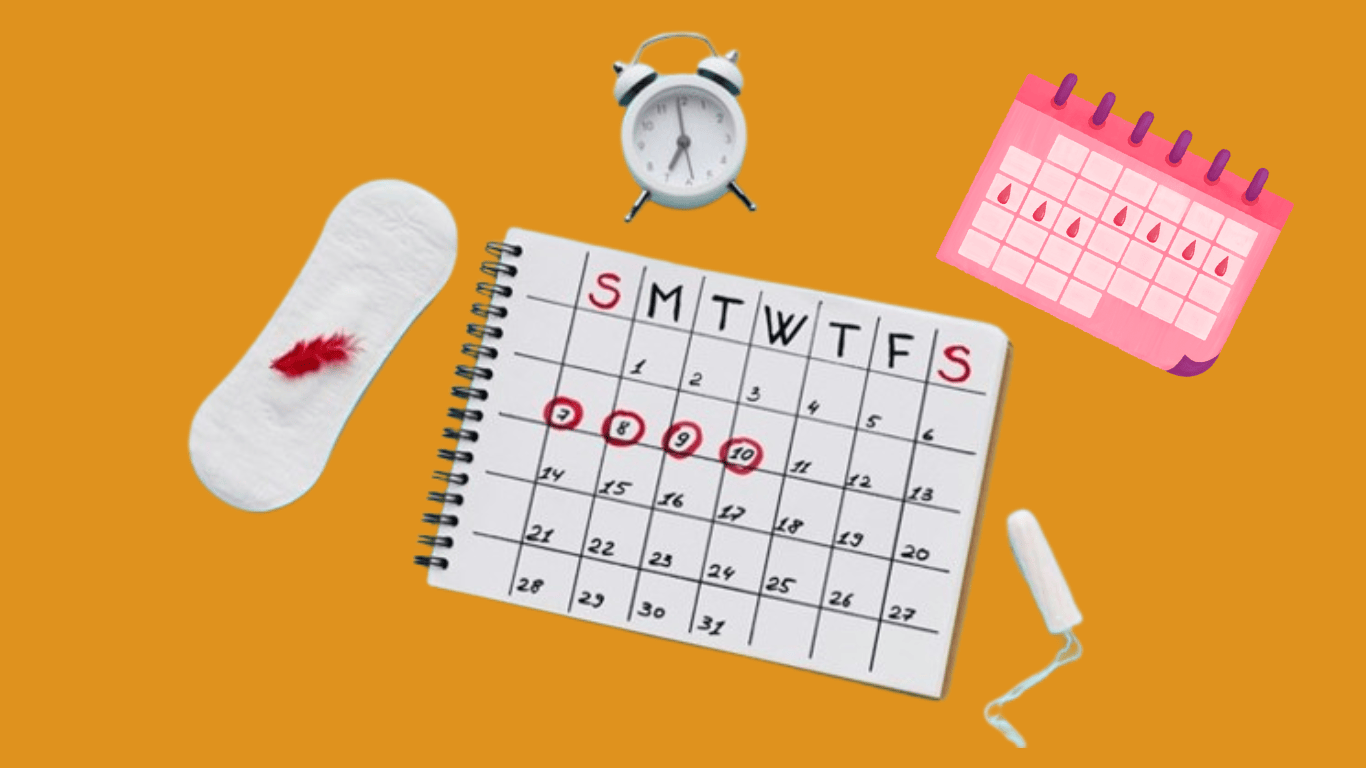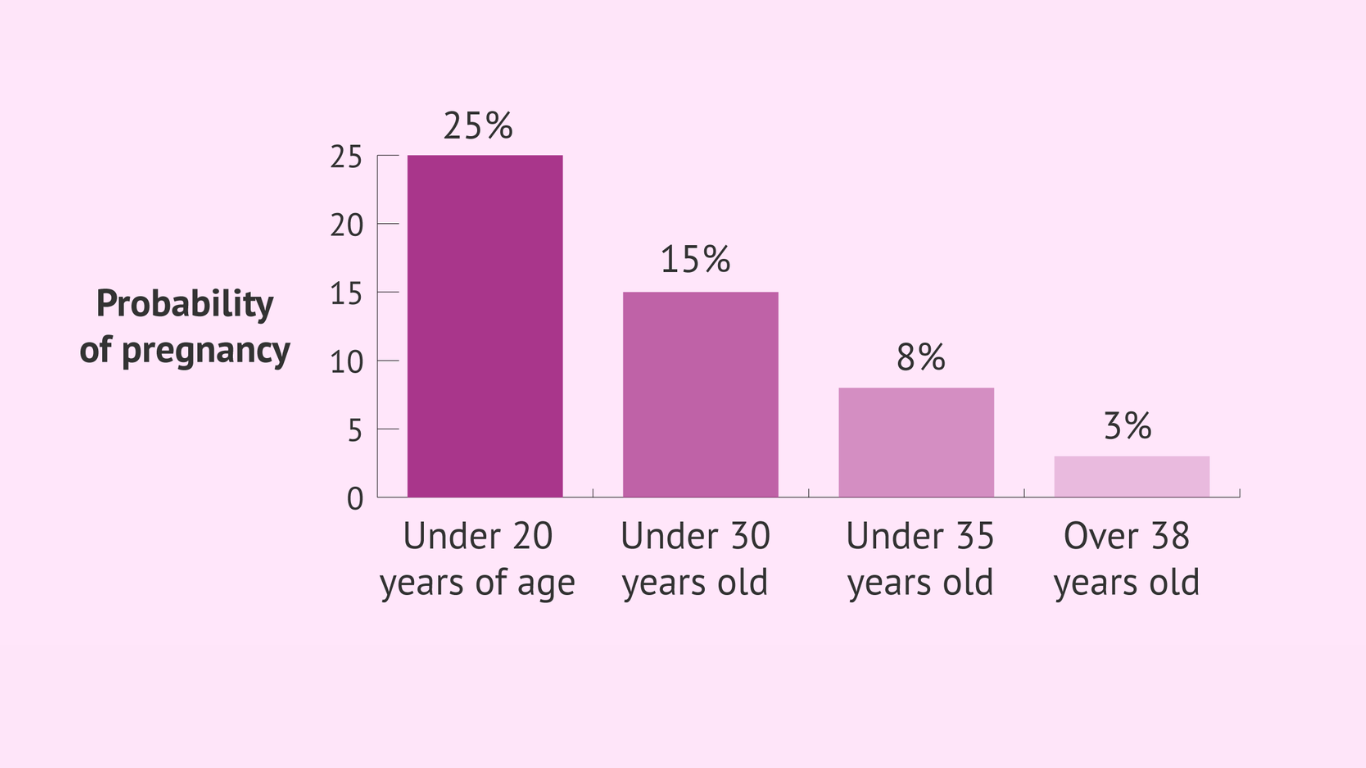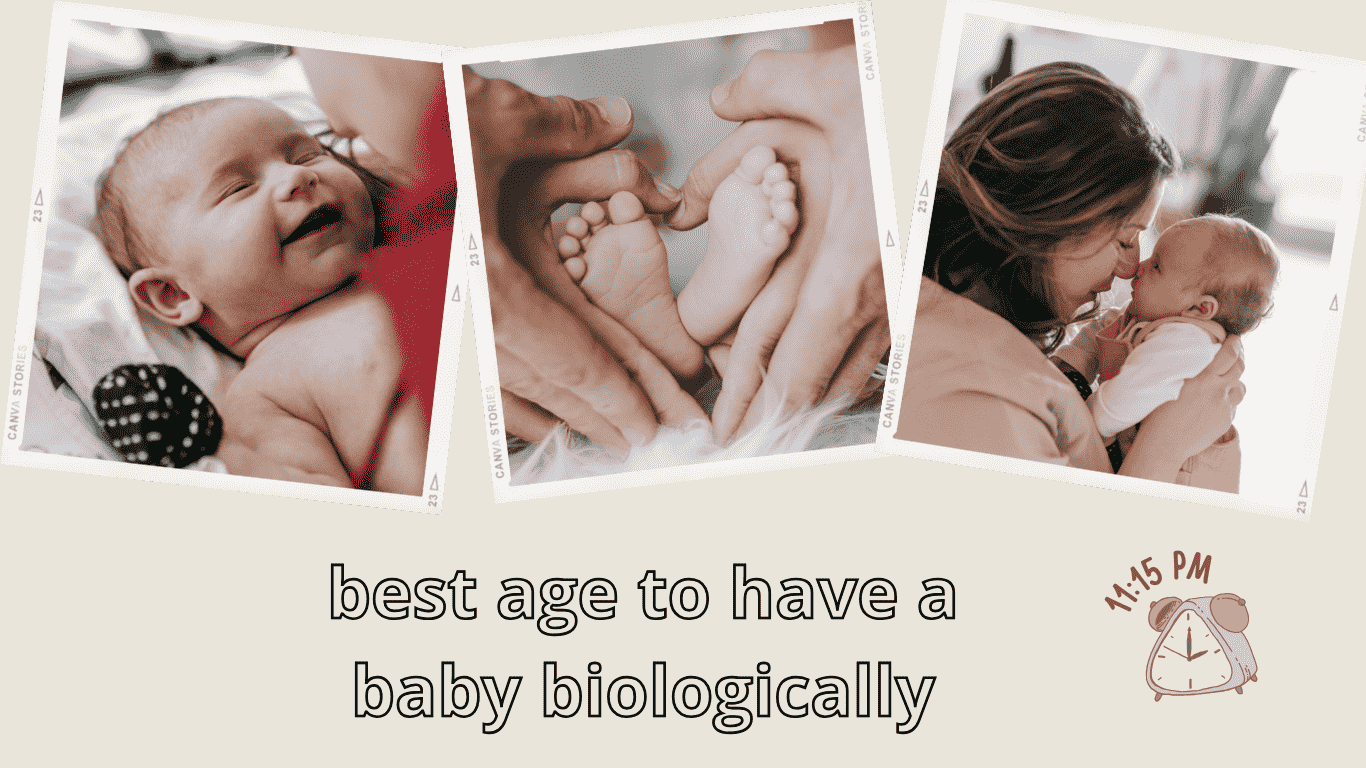There has been a discernible trend in recent years to put off getting pregnant until later in life. More women are opting to travel, pursue their careers, or hold off on having children until they feel ready, thanks to improvements in healthcare. As a result, the idea of a pregnancy at an advanced maternal age, or geriatric pregnancy, is increasingly widespread. But this choice also presents a special set of problems and considerations. All the information you require about geriatric pregnancy, including what to anticipate and how to proceed confidently, will be covered in this extensive guide.
Understanding Geriatric Pregnancy:
Geriatric pregnancy, also referred to as advanced maternal-age pregnancy, is generally defined as a pregnancy that occurs in women aged 35 and older. While this age range is arbitrary, it is associated with increased risks and considerations compared to pregnancy at a younger age. It’s important to recognize that fertility declines with age, and there is an increased likelihood of certain medical conditions and pregnancy complications in older mothers.
What to expect:
- Fertility Challenges: As women age, their fertility naturally declines. This means that conceiving may take longer and may require assisted reproductive technologies such as in vitro fertilization (IVF) or fertility medications. It’s essential to consult with a fertility specialist if you’re struggling to conceive.
- Increased Risk of Chromosomal Abnormalities: Advanced maternal age is associated with a higher risk of chromosomal abnormalities such as Down syndrome. Genetic counseling and prenatal screening tests, such as noninvasive prenatal testing (NIPT) and amniocentesis, can provide valuable information about the health of the fetus.
- Pregnancy Complications: Older mothers are at a higher risk of developing pregnancy complications such as gestational diabetes, preeclampsia, placenta previa, and miscarriage. Regular prenatal care is crucial to monitor for these complications and intervene if necessary.
- Birth Defects: While the majority of babies born to older mothers are healthy, there is a slightly increased risk of certain birth defects. Ultrasound scans and other prenatal tests can help detect any abnormalities early on.
- Personal Health Considerations: Women who are planning a geriatric pregnancy should prioritize their own health before conception. This includes maintaining a healthy weight, quitting smoking, limiting alcohol consumption, and managing any chronic medical conditions such as hypertension or diabetes.
learn more: Pregnancy-Induced Hypertension
Navigating the Journey:
- Preconception Counseling: Before trying to conceive, it’s important to schedule a preconception counselling appointment with your healthcare provider. They can assess your overall health, review your medical history, and provide personalized recommendations for optimizing your chances of a healthy pregnancy.
- Prenatal Care: Once pregnant, regular prenatal care is essential for monitoring both your health and the health of your baby. This includes routine check-ups, prenatal screenings, and ultrasounds to track fetal development.
- Healthy Lifestyle Choices: Eating a balanced diet, staying physically active, getting enough sleep, and managing stress are all important aspects of a healthy pregnancy, especially for older mothers. Additionally, taking prenatal vitamins with folic acid is crucial for preventing birth defects.
- Emotional Support: Pregnancy, particularly at an advanced age, can bring up a range of emotions and concerns. Seek out support from your partner, family, friends, or a therapist who can offer encouragement and guidance throughout the journey.
- Birth Planning: As you approach your due date, discuss your birth preferences with your healthcare provider and create a birth plan that aligns with your wishes. Be open to flexibility, as complications or unforeseen circumstances may arise during labor and delivery.
Geriatric pregnancy presents unique challenges and considerations, but with careful planning, regular prenatal care, and a healthy lifestyle, many older mothers go on to have successful pregnancies and healthy babies. By understanding what to expect and how to navigate the journey, you can approach this exciting chapter of your life with confidence and peace of mind. Remember to prioritize your health, seek support when needed, and cherish the experience of bringing new life into the world.

